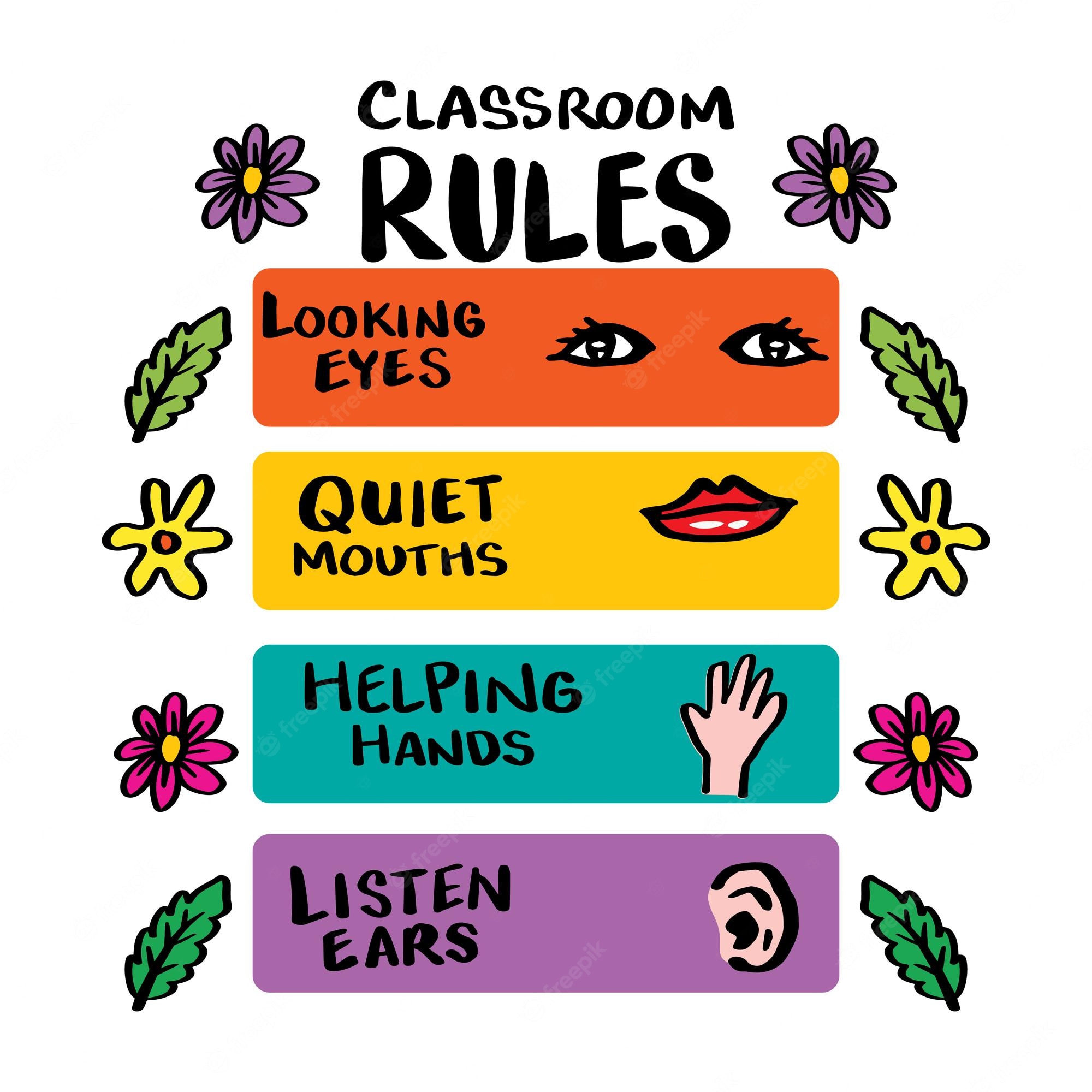Have you ever wondered what makes a movie truly unforgettable? Or why certain films resonate with audiences while others fade into obscurity? Well, buckle up, my friend, because we’re diving deep into the world of movie rules rules. This isn’t just about popcorn and big screens; it’s about understanding the secret sauce that turns a simple film into cinematic gold.
Let’s face it, the movie industry is a wild ride. From Hollywood blockbusters to indie gems, there’s a method to the madness. These so-called "movie rules rules" are the guidelines that filmmakers live by, and if you’re a movie lover, knowing them can enhance your viewing experience tenfold. So, whether you’re a casual viewer or a die-hard cinephile, this guide is for you.
Now, before we jump into the nitty-gritty, let’s clear the air. This ain’t a lecture. Think of it as a friendly chat over coffee, where we break down the rules, share some insider secrets, and sprinkle in a dash of fun. Ready to dive in? Let’s go!
- Filmywap 4 Your Ultimate Guide To Movies And Entertainment
- Hdhub4u Bollywood Hindi Your Ultimate Guide To Streaming Bollywood Movies
Understanding the Basics: What Are Movie Rules Rules?
Alright, let’s start with the basics. Movie rules rules are essentially the unwritten laws that govern how films are made and received. These rules cover everything from storytelling techniques to production strategies, and they’re what separate a hit from a flop. But here’s the kicker—these rules aren’t set in stone. Filmmakers often bend or break them to create something truly unique.
For instance, think about Christopher Nolan’s "Inception." It completely flipped the script on traditional storytelling, yet it became a massive success. Why? Because it followed the core principles of movie rules while adding its own twist. Cool, right?
Why Are Movie Rules Important?
Movie rules are important because they provide a framework for filmmakers to work within. They help ensure that the story is engaging, the characters are relatable, and the visuals are stunning. But here’s the thing—following the rules doesn’t guarantee success. Sometimes, the best movies are the ones that take risks and push boundaries.
- Unveiling The Truth About Vegamovies 18 Ndash Your Ultimate Guide
- Vegamovi Your Ultimate Guide To Streaming Movies Like A Pro
- Rules help maintain consistency in storytelling.
- They guide filmmakers in creating memorable characters.
- They ensure that the film resonates with its target audience.
Top 10 Movie Rules That Every Filmmaker Swears By
Now that we’ve covered the basics, let’s dive into the top 10 movie rules that every filmmaker swears by. These aren’t just random guidelines; they’re the foundation of successful filmmaking. So, grab your notebook, because this is where things get interesting.
1. Show, Don’t Tell
One of the golden rules of filmmaking is "show, don’t tell." This means that instead of telling the audience what’s happening, you show them through visuals, actions, and dialogue. For example, instead of a character saying, "I’m scared," you show them trembling or looking over their shoulder. It’s all about creating an immersive experience.
2. Keep It Simple
Simplicity is key in filmmaking. Sure, you can have complex plots and intricate storylines, but at its core, a movie should be easy to follow. Think about it—would "Titanic" have been as successful if the story was too convoluted? Probably not.
3. Know Your Audience
Understanding your audience is crucial. Whether you’re making a family-friendly comedy or a gritty thriller, knowing who you’re making the movie for will guide every decision you make. It’s all about striking the right chord with your viewers.
4. Create Relatable Characters
Characters are the heart and soul of any movie. They need to be relatable, flawed, and multidimensional. Think about characters like Rocky Balboa or Ellen Ripley—they’re not perfect, but that’s what makes them so endearing.
5. Use Music Wisely
Music can make or break a movie. It sets the tone, evokes emotions, and enhances the storytelling. Just listen to the score of "Jaws" or "Star Wars"—it’s iconic for a reason.
6. Edit Ruthlessly
Editing is where the magic happens. A good editor knows when to cut and when to keep. They ensure that the pacing is just right and that every scene serves a purpose. It’s like sculpting—start with a big block of marble and chip away until you have a masterpiece.
7. Lighting Matters
Lighting can completely transform a scene. It can create mood, highlight emotions, and even tell a story. Think about the dimly lit rooms in "The Godfather" or the bright, vibrant colors in "La La Land." Each choice was deliberate and meaningful.
8. Dialogue Should Be Natural
Good dialogue sounds natural, even if it’s scripted. It should flow like a real conversation, with pauses, interruptions, and imperfections. This makes the characters feel more authentic and relatable.
9. Endings Matter
An ending can make or break a movie. It should tie up loose ends, provide closure, and leave a lasting impression. Think about the ending of "The Sixth Sense"—it’s unforgettable because it was done right.
10. Take Risks
Finally, don’t be afraid to take risks. Some of the best movies ever made broke all the rules and did something completely new. "Pulp Fiction," "The Matrix," and "Parasite" are perfect examples of films that dared to be different.
The Evolution of Movie Rules Over Time
Movie rules haven’t always been the same. They’ve evolved over time, adapting to changing technologies, audience preferences, and cultural shifts. For instance, the silent film era had its own set of rules, which were vastly different from today’s standards.
With the rise of digital technology, filmmakers now have access to tools that were unimaginable just a few decades ago. This has opened up new possibilities and allowed for more creative storytelling. But at the end of the day, the core principles of movie rules remain the same.
How Technology Has Changed the Game
Technology has revolutionized the movie industry in countless ways. From CGI to 3D printing, filmmakers now have a wide range of tools at their disposal. But here’s the thing—technology is just a tool. It’s how you use it that matters.
- CGI allows for breathtaking visuals that were once impossible.
- 3D printing can create intricate props and sets.
- Digital editing software makes the post-production process faster and more efficient.
Breaking the Rules: When It Works and When It Doesn’t
Breaking the rules can lead to some of the most innovative and groundbreaking films. But it’s a double-edged sword. If done wrong, it can result in a total disaster. So, when is it okay to break the rules?
Well, it depends on the context. If the rule-breaking serves the story and enhances the viewing experience, then go for it. But if it’s done just for the sake of being different, it might not work. Think about films like "Memento" or "Birdman"—they broke the rules in a way that added depth and complexity to the story.
Examples of Rule-Breaking Movies
Here are a few examples of movies that broke the rules and succeeded:
- "Inception" – Non-linear storytelling
- "Pulp Fiction" – Non-chronological structure
- "Parasite" – Blurring genre lines
Movie Rules Around the World
Movie rules aren’t universal. They vary from country to country, reflecting different cultural norms and preferences. For example, Hollywood films tend to focus on action and spectacle, while European films often prioritize character development and subtlety.
Asian cinema, particularly South Korean and Japanese films, has its own unique set of rules. They often blend genres, incorporate social commentary, and emphasize visual storytelling. It’s fascinating to see how filmmakers around the world interpret and adapt these rules to suit their audiences.
Comparing Hollywood and Bollywood
Hollywood and Bollywood are two of the biggest film industries in the world, yet they operate under vastly different rules. While Hollywood focuses on global appeal, Bollywood caters to a more regional audience. This affects everything from storytelling to marketing strategies.
Expert Insights: What Filmmakers Say About Movie Rules
To get a better understanding of movie rules, we spoke to some renowned filmmakers. Their insights shed light on how these rules are applied in real-world scenarios and how they impact the creative process.
For example, director Martin Scorsese emphasized the importance of authenticity in storytelling. He believes that every film should have a unique voice and vision, even if it means breaking the rules.
Quotes from Industry Experts
- "Cinema is a matter of what’s in the frame and what’s out." – Martin Scorsese
- "I’m not interested in making movies that are just entertainment. I want to make movies that matter." – Spike Lee
- "The best films are the ones that take risks and challenge the audience." – Quentin Tarantino
Conclusion: Embrace the Rules, But Don’t Be Afraid to Break Them
So, there you have it—a comprehensive guide to movie rules rules. Whether you’re a filmmaker, a movie buff, or just someone who loves a good flick, understanding these rules can enhance your appreciation of cinema.
Remember, while rules provide a framework, they’re not meant to limit creativity. Some of the best movies ever made broke the rules in innovative ways. So, embrace the rules, but don’t be afraid to break them when the occasion calls for it.
Now, it’s your turn. Share your thoughts in the comments below. Which movie do you think broke the rules in the best way? Or do you have a favorite filmmaker who consistently pushes boundaries? Let’s keep the conversation going!
Table of Contents
- Understanding the Basics: What Are Movie Rules Rules?
- Why Are Movie Rules Important?
- Top 10 Movie Rules That Every Filmmaker Swears By
- The Evolution of Movie Rules Over Time
- How Technology Has Changed the Game
- Breaking the Rules: When It Works and When It Doesn’t
- Examples of Rule-Breaking Movies
- Movie Rules Around the World
- Comparing Hollywood and Bollywood
- Expert Insights: What Filmmakers Say About Movie Rules
- Unleash Your Movie Collection With Filmyfly Movie Download
- Ullu Prime The Ultimate Streaming Experience You Cant Miss Out On


